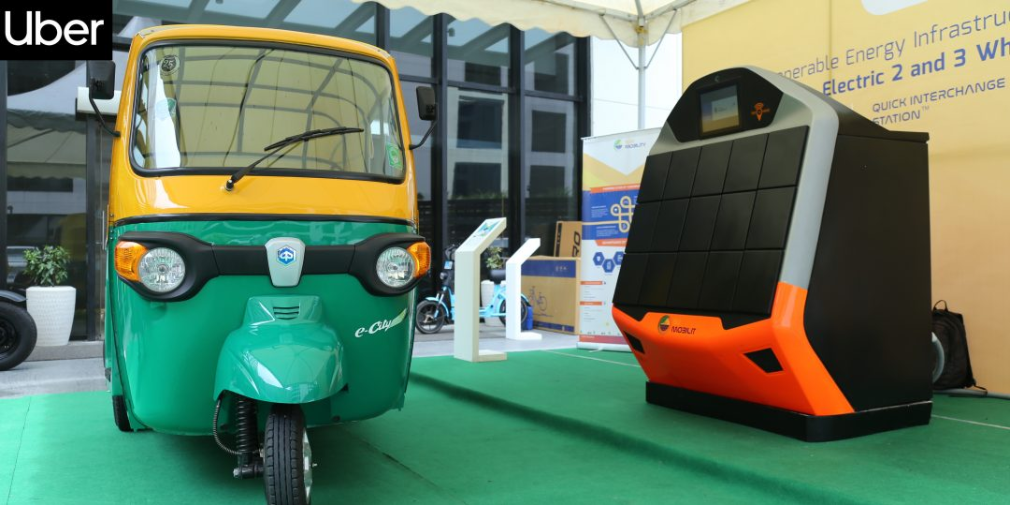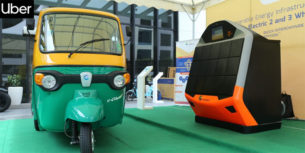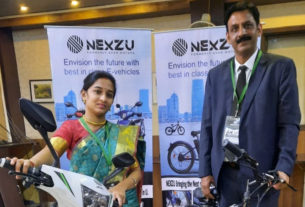Uber, the world’s largest personal mobility company, has announced a partnership with SUN Mobility, a leading energy infrastructure and services provider, to deploy E-Autos on its platform so that it can offer riders more affordable, clean and convenient daily commuting options.

Commenting on the partnership, Pradeep Parameswaran, President Uber, India and South Asia said, “We are delighted to partner with SUN Mobility, an industry pioneer to try to usher in a wave of electric vehicles in the mass market category. This is an important step forward in fulfilling our vision for creating a mobility ecosystem that is sustainable, provides cleaner air and helps build smarter cities across the region.’’
As part of the alliance, SUN Mobility will offer its unique energy infrastructure platform, which includes swappable Smart Batteries and Quick Interchange Stations to select original equipment manufacturers (OEMs) for building E-Autos. Fleet owners and Uber’s driver partners will benefit because they can buy vehicles without the battery to save money on initial acquisition costs. They will receive charged, swappable batteries as a service by SUN Mobility, thereby helping bring the overall cost of E-Autos in line with their internal combustion engine (ICE) counterpart.
Speaking about the alliance, Chetan Maini, Co-Founder and Vice-Chairman of SUN Mobility said, “Our mission is to give users a cost-effective and convenient energy infrastructure solution to accelerate the adoption of EVs. Partnering with Uber, the leading global player in personal mobility, will help create a wide EV landscape at scale, that will transform the way people commute.”
In the coming months, this partnership will be piloted across select cities. Uber’s deep knowledge and expertise in creating global mobility platforms combined with SUN Mobility’s unique energy infrastructure will accelerate the adoption of convenient and affordable zero-emission mobility across India.
Recently, the Indian government has started offering several incentives to accelerate rollout of EVs, such as NITI Aayog’s FAME II proposal, which aims to boost electric mobility by faster manufacturing and adoption of hybrid and electric vehicles. The scheme provides a budget of Rs 10,000 crore to accelerate adoption of EV’s and recommends phasing out internal combustion engine 3-wheelers by 2023 and 2-wheelers by 2025. In line with the Indian government’s bold vision, Uber and SUN Mobility will aim to address the gap between policy and implementation for catering to the country’s growing need for cleaner and more sustainable public transport solutions.





